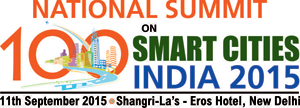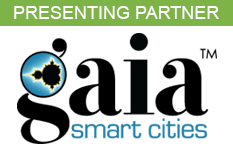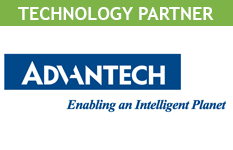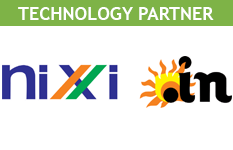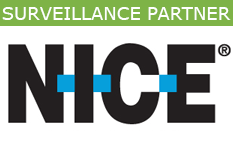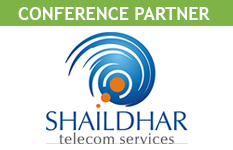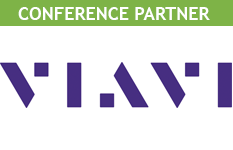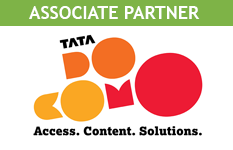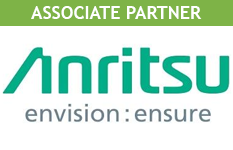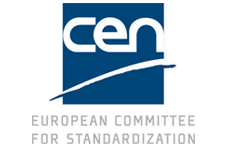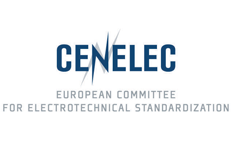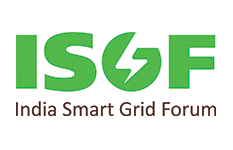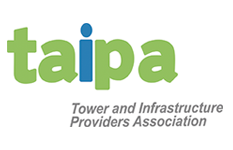“Considering innovative solutions and high level strategic planning for Smart-Sustainable cities in India”
The Smart Cities project can be regarded as one of the most ambitious plans that Prime Minister Shri Narendra Modi has for revolutionising India. The tagline of the project is "Smarter Solutions for a Better Tomorrow", which perhaps throws light on what the project wants to achieve for the common people of India. As part of this project, the Indian Government shall be developing satellite towns in the vicinity of existing major cities and getting them up to an all new level. The birth of smart cities creates a chance to catalyze progress in three key areas - Improved governance structures and practices; Equitable economic growth and access to basic services and Human connectivity through mobile and Internet connection.
Inspired by his vision, Bharat Exhibitions has taken the lead in bringing together the stakeholders to discuss the roadmap to implement the Honourable Prime Minister’s vision in developing 100 Smart Cities in India. This premium business event – National Summit on 100 Smart Cities India 2015 is scheduled to take place on 11th September 2015 at Shangri-La, New Delhi. The event will focus on the various aspects of a smart city including urban development, power, energy, transport, technology, green building, network & communication technology, etc. It is going to bring together global thought leaders to explore the intersection of technology, innovation, smart cities, skills, regional collaboration and education. The one day summit will feature action-packed keynote session, panel discussions, technical sessions and fireside chats with leaders from business, government, think tanks, private equity, industry associations, as well as ministers, bureaucrats, policy makers and influencers, entrepreneurs, educators and academia from across India & APAC region.
Key Topics to be discussed:
(1) Smart governance: Future cities will see a greater involvement of stakeholders in policy framing and implementation. Technology will enable greater participation and transparency. Communities will be able to keep in mind the long-term interests and make wiser choices in the use of resources.
(2) Smart inhabitants: Citizens will develop a habit of participating in the life of the community and consider participation as a smart choice and a right, rather than a burden. They will be guided by principles of pluralism and harmony. They will celebrate diversity as global mobility of the workforce increases.
(3) Smart mobility: Future cities will embed mobility in the fabric of the city’s infrastructure and weave it in its cultural ethos. Apart from the digital infrastructure, safe and efficient public transport systems will be part of the building block.
(4) Smart building: Smart buildings deliver productive building services including, illumination, thermal comfort, air quality, physical security, sanitation at the lowest cost
(5) Smart living: The ability to access housing, healthcare, education and leisure facilities easily and at an affordable cost will be a critical piece of the new jig-saw puzzle. At the planning stage, one will have to factor in cultural infrastructure, safety and quality of buildings and social cohesion.
(6) Smart environment: While planning, living space must be envisioned in the light of a subtle balance between built-up space and green areas, water resources, pollution control and use of resources in a responsible and environment friendly way (for example, use of renewable energy, rain-water harvesting, green initiatives and so on).
(7) Smart economy: In such an economy, innovation will be the driving force that allocates resources in the right direction.
